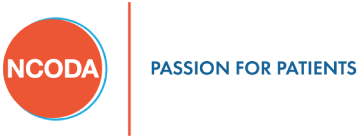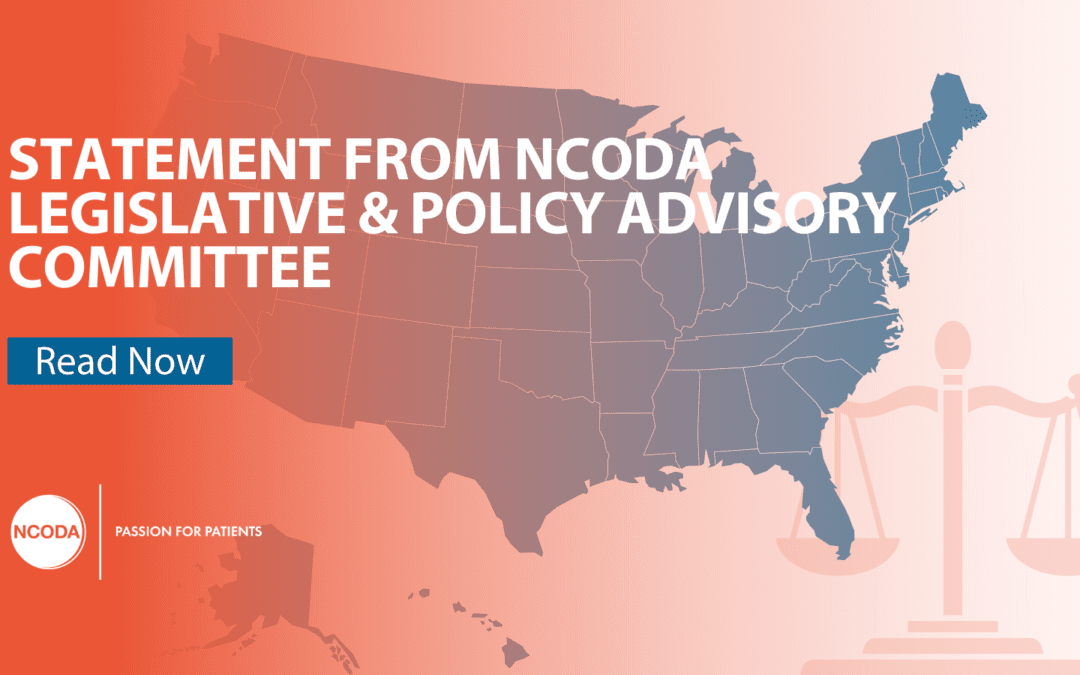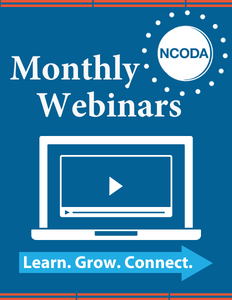FOR IMMEDIATE RELEASE
December 16, 2022
Contact: Kevin Scorsone | NCODA Legislative & Policy Liaison
Phone: (919) 903-2057
Email: kevin.scorsone@ncoda.org
www.ncoda.org
In a year that has seen plenty of legislative and political uncertainty, NCODA is proud of the Legislative & Policy Advisory Committee (LPAC) for maintaining their steadfast goal to educate our membership and shed light on the world of oncology- related legislation.
This past year was a great one for NCODA’s LPAC. The committee expanded by four members. The new LPAC leaders below are focused on helping cancer patients access the care they need through advocacy and legislative efforts.
- Barbara McAneny, MD | New Mexico Cancer Center
- Debra Patt, MD, PhD, MBA | Texas Oncology
- Stephen Schleicher, MD | Tennessee Oncology
- Joy Pratt, PharmD | Tennessee Cancer Specialists
LPAC’s cornerstone initiative of 2022 was the launch of the Oncology State Legislation Tracker. This one-of-a-kind tracking system has allowed NCODA’s membership full access into each state and their handlings of oncology legislation. With interactive maps, identified key terms, and weekly updates, this tracker is poised for continued success. The tool will continue to evolve to meet the needs of NCODA’s members which will ultimately help improve patient care.
The role of educating NCODA’s membership on legislative affairs is a primary goal of the Committee. That is why in 2022 LPAC led three virtual programs including our highly acclaimed Legislative 101 Webinar hosted by LPAC member Jess Nagro, MPA. In addition, LPAC led four in-person roundtables at the Spring Forum, Oncology Institute, and Fall Summit. This year alone the Committee has released over 20 statements on issues that will impact NCODA’s membership and the patients they serve.
These are just a few of the many examples of how LPAC was focused on providing value to NCODA’s diverse and growing membership. Next year will be an even bigger and better year for patient care at the legislative level. LPAC’s commitment remains to educate, evolve, and expand their reach so that cancer patients are provided with the most timely, high-quality, and accessible care possible.









